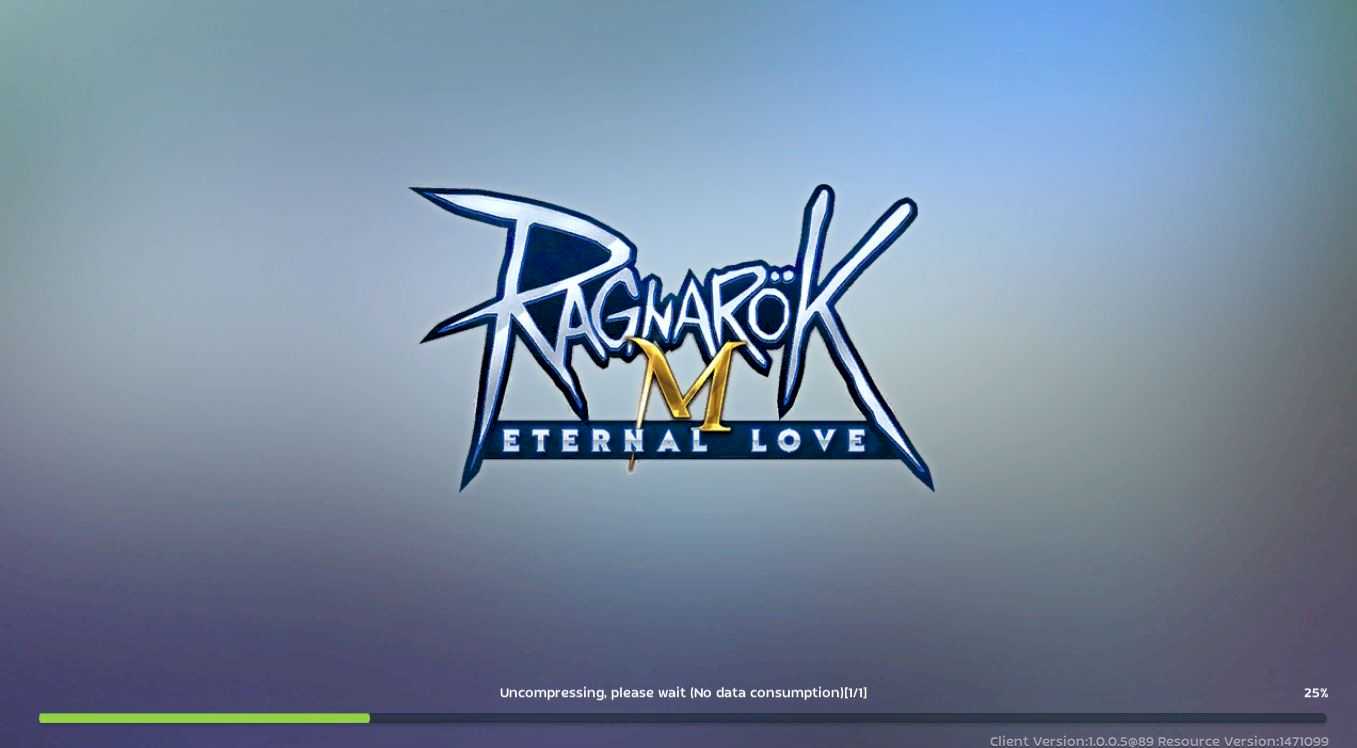WS WOE

In today's world, where cybersecurity threats loom larger than ever, ethical hacking has evolved into one of the most critical fields in technology. Ethical hackers, also known as "white hats," are cybersecurity professionals who use their skills to protect systems rather than exploit them. However, diving into ethical hacking without a solid foundation can be like building a house on sand — unstable and risky.
Understanding Before Acting
Ethical hacking is not just about knowing how to break into systems; it's about understanding why systems are vulnerable, how to secure them, and what the consequences of security flaws can be. Without a deep understanding of networking, operating systems, coding, and cybersecurity principles, an aspiring ethical hacker might miss crucial details or, worse, accidentally cause harm. A solid foundation ensures that ethical hackers can think critically, act responsibly, and truly protect the digital world.
A Must-Have for Serious Professionals
Taking ethical hacking classes without prior knowledge in IT basics is like learning to perform surgery without studying human anatomy. Topics like TCP/IP protocols, encryption methods, firewalls, and system architecture are prerequisites to becoming a competent ethical hacker. Otherwise, it’s easy to get overwhelmed or, even worse, develop bad habits that could later be costly in real-world scenarios.
Ethics First, Skills Second
One of the core principles of ethical hacking is responsibility. Understanding the legal and ethical boundaries is non-negotiable. A person who masters the technical skills without a strong ethical mindset can easily cross into "black hat" territory. That's why solid training should always emphasize not just the 'how' but also the 'why' and 'when' of ethical hacking practices.
Invest in a Proper Learning Path
For anyone planning to enroll in ethical hacking courses or aiming to work in the field, it's crucial to:
Start with fundamentals: Networking, programming (Python, C/C++), Linux, and cybersecurity basics.
Build ethical awareness: Study the laws, best practices, and industry standards.
Gain practical experience: Set up home labs, use penetration testing frameworks legally, and always practice in controlled environments.
Conclusion
Ethical hacking is an exciting and rewarding career, but it demands respect, discipline, and a rock-solid understanding of the underlying technologies. Rushing into it without preparation can lead to frustration, mistakes, or worse, unintentional harm. Build your foundation strong, embrace continuous learning, and always uphold the ethics that the role demands. Only then can you truly call yourself a guardian of the digital world.
Ready to start your journey? Begin by strengthening your fundamentals. Remember, real cybersecurity heroes are not just skilled — they're also wise

Top 10 Controversial Cybercrime Cases in the Philippines
1. "ILOVEYOU" Virus (2000)
Key RTC: None (no cybercrime law yet).
Judge: None.
Defense: Virus was not illegal at the time.
Attorney: Onel de Guzman's lawyer (unnamed).
Outcome: Walked free.
Reference: BBC News - 'Love Bug' creator tracked down
2. COMELEC Data Breach ("Comeleak", 2016)
Key RTC: DOJ investigation only.
Judge: None.
Defense: It was "just" website defacement.
Attorney: COMELEC internal lawyers.
Outcome: Chairman Bautista found negligent by the National Privacy Commission.
Reference: Rappler - NPC holds Comelec liable for data breach
3. Ang Totoong Narco List - "Bikoy" Videos (2019)
Key RTC: Makati RTC Branch 138.
Judge: Judge Andres Soriano.
Defense: Bikoy claimed he was manipulated by political figures.
Attorney: Briefly represented by Atty. Larry Gadon.
Outcome: Cases pending; countersuits filed.
Reference: CNN Philippines - 'Bikoy' surrenders to police
4. #PulisPatola Cyberlibel Threats (2021)
Key RTC: No formal cases filed.
Judge: Not applicable.
Defense: Free speech rights.
Attorney: Netizens supported by FLAG (Free Legal Assistance Group).
Outcome: No major convictions.
Reference: Inquirer - PNP Cybercrime Group to file cyber libel cases
5. Arrest of Maria Ressa (2020)
Key RTC: Manila RTC Branch 46.
Judge: Judge Rainelda Estacio-Montesa.
Defense: Cybercrime law should not be retroactive.
Attorney: Atty. Theodore Te (former SC spokesperson).
Outcome: Convicted of cyberlibel, pending appeal.
Reference: Rappler - Maria Ressa convicted of cyberlibel
6. EdTech Platform Hacking (2021)
Key RTC: None formalized; mostly handled internally by schools.
Judge: Not applicable.
Defense: Students cited system vulnerabilities.
Attorney: Unknown/Private defense.
Outcome: Disciplinary action only.
Reference: Manila Bulletin - Students hack LMS during online classes
7. BDO and UnionBank Cyberheist (2021)
Key RTC: Civil suits filed in Makati and Taguig.
Judge: Pending.
Defense: 3rd-party compromise.
Attorney: BDO internal legal + Sycip Salazar law firm.
Outcome: Partial refunds; criminal investigation ongoing.
Reference: ABS-CBN - BSP says BDO, UnionBank responsible for unauthorized transactions
8. Miss Universe Philippines Vote-Rigging Allegations (2020)
Key RTC: No case filed.
Judge: None.
Defense: Voting system was "secure."
Attorney: No case, no formal lawyers engaged.
Outcome: Public criticism only.
Reference: Philstar - Miss Universe Philippines explains voting controversy
9. Celebrity Deepfakes Scandal (2022)
Key RTC: No filed case yet.
Judge: None.
Defense: No defense presented (anonymous hackers).
Attorney: Celebrities advised by big firms (Divina Law, ACCRA Law).
Outcome: Senate hearings on AI and deepfakes initiated.
Reference: Inquirer - Deepfake scandals threaten celebrities
10. SIM Card Registration Phishing Surge (2023)
Key RTC: Under NBI Cybercrime Division probe.
Judge: None yet.
Defense: Telcos claimed third-party phishing.
Attorney: Telcos using internal legal teams.
Outcome: Cases under investigation, Senate proposing amendments.
Reference: GMA News - SIM card registration scams on the rise


is this true?


Interesting Topic,, Wow,, looks like they are investigating,, if its Misinformation or Disinformation
